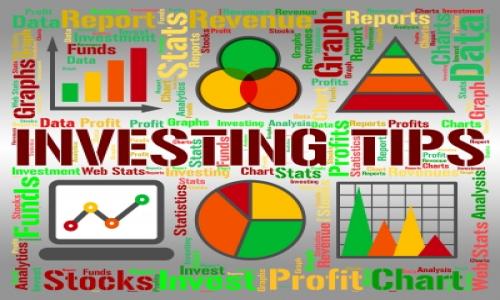Oh uh...I guess I'd like a very big, super hot, no foam half caf semi sweet, always...ah...good, coffee...please.
Maybe you have stood behind someone like this. There are so many possibilities, so many ways to go wrong, if you are the coffee virgin in Starbucks who just can't get it right, you may want to call your advisor at Prudential and put him or her to work finding the bonds that suit your needs. If not you run the risk of sounding like a bond virgin.
Uh...hello Mr. Swelk, I'd like to purchase an insured, Baa, non callable, twenty year General Obligation, Zero Coupon, Kern County School district, revenue bond...with a put. Oh, and I want my interest payments to be paid out monthly.
So what suits my needs? Just because your asset allocation plan says bonds, it does little to demystify this very important security. Maybe you are the person who would do well to just have a bond fund thrown into your portfolio to satisfy that particular need. Then again you may not want to pay anyone to manage this conservative portion of your portfolio.
Bond Risk and Bond Options
Just because the fund is a bond fund does not mean it is conservative. If you particular fund is full of long term speculative bonds you are apt to see tremendous swings in the value of your fund as managers struggle to keep up with these volatile securities in this very difficult investing environment.
If you were to purchase insured triple A bonds you have little to fear in terms of a default. And there's another topic for another article.
What about tax free bonds? If you are re-balancing your IRA or 401k, or any other sheltered account that is already tax free, do not put tax free bonds in them. Put high grade corporate bond in the accounts instead. There are taxable municipal one can buy for these accounts as well. If you are retired, have little income and are in a very low tax bracket, tax free bonds may not give you the highest real rate of return. If you do not already know how to crunch the numbers on these ask your financial advisor to do so, or your CPA. Both will be able to determine which is best for you in a five minute call.
And what about Zero Coupon Bonds? If you have an event far in the future that you need to fund, this could be the way to go. If you need sixty thousand dollars twenty years from now you buy 60 of these securities at a deep discount. This is nice too if you do not have sixty thousand to purchase the bonds today. You would buy them at a fraction of the face amount and the interest is gradually added into the bond until it reaches face value. Keep in mind, you do not receive the interest payments but are taxed on that 'phantom' interest that you would have received. These would be good to put into a tax sheltered account so you do not have to pay taxes each year on a coupon payment that you did not receive. Remember it was put back into the bond.
So, if you are looking for income today you will not want a zero coupon bond. Traditionally bonds pay out twice a year, or once every six months. If you need a more frequent payout you might consider a bond fund which can pay monthly interest, or a number of bonds with differing coupon payment dates. Even if you only had forty thousand dollars to put towards bonds you can purchase for or five issues and have close to monthly income. You can also rest easy knowing that your payment each month will never change and that too is a comfort.
Your Needs and Bonds
After you have a good understanding what a bond is, then you need to determine what your needs are. Having determined what your needs are, it is up to you and your advisor, or just you, to sort through all the products out there until you find just what you need. Maybe your needs can be met by purchasing preferred stocks which are issued by corporations like Ford Motor Company and pay out monthly income. This is one way you can meet your income needs with less capital than you may need for a bond portfolio. Keep in mind these are stocks and will fluctuate with market conditions. They're high dividend lends them greater stability but you do have more risk of losing capital than you would from a bond. And why is that?
It's All About Risk
When you go to Vegas the slots that are the least likely to pay out, are the ones that pay out the most when you hit the Jack Pot. If a slot pays out one in five, no way is it gonna pay out a million bucks. The House would go broke. The slots that pay out a cool million, do so rarely.
With fixed income (bond) investing, the greater risk you are able to tolerate, the greater your reward. It is different for everyone. Risk has little to do with dollar amount and everything to do with what percent of your assets are you risking. Maybe you are the person that can tolerate the loss of a half million dollars. Such and investment that could lead up to that loss is okay for you but a nightmare for the guy who only has half a million to his name. To him the risk is huge. To you half a million is less that one half a percent of your liquid assets, so the investment is very low for you. Remember, you have to sleep at night so keep that in mind when investing in bonds or any other security.




Add your Comment
or use your BestCashCow account